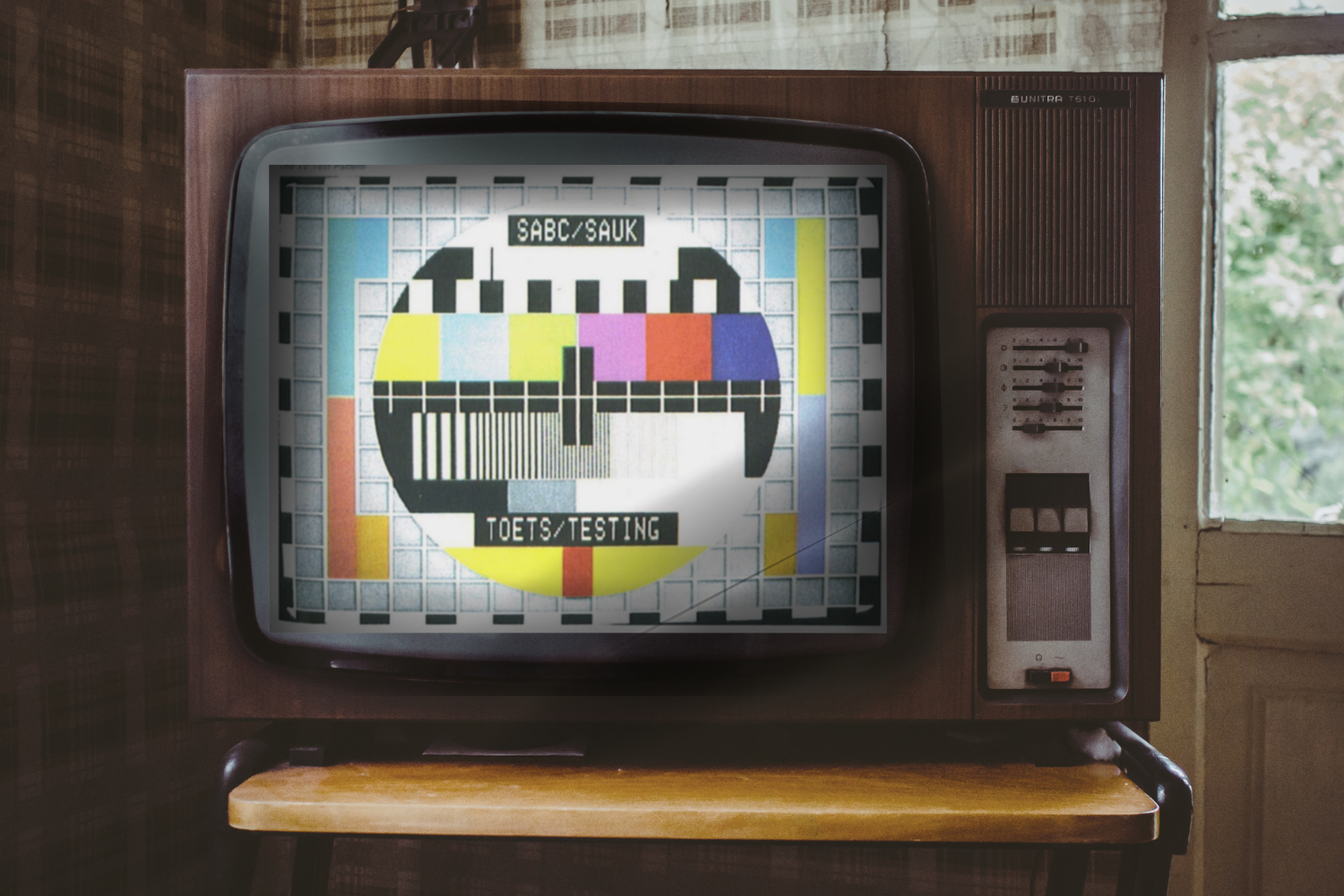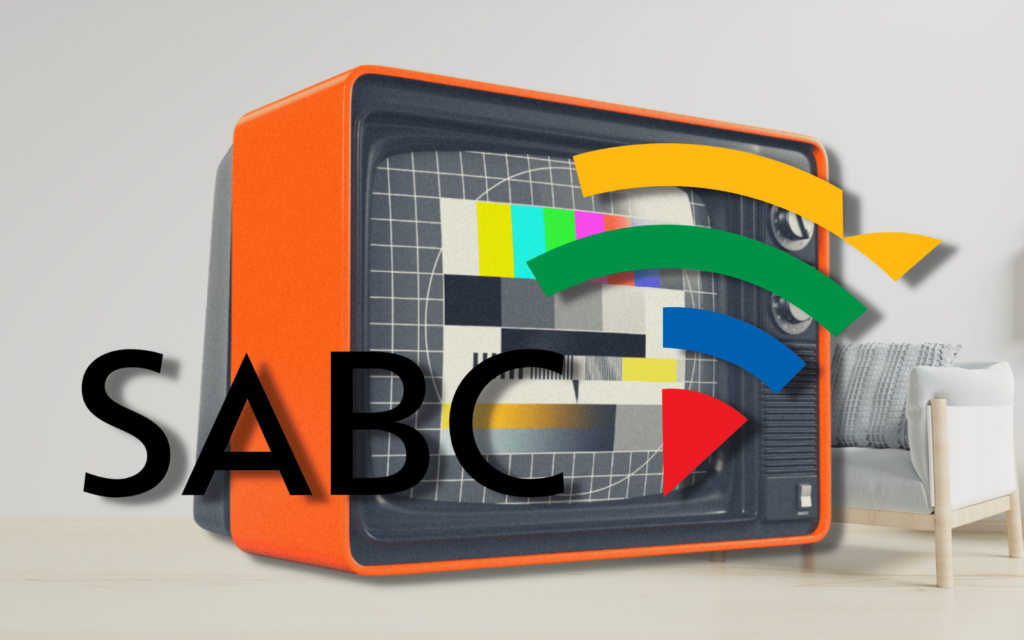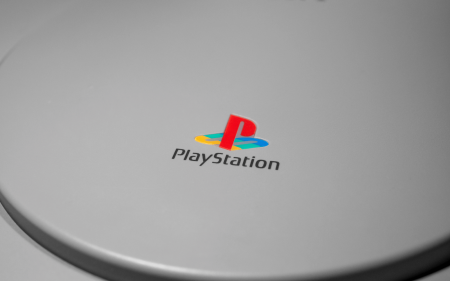The SABC (South African Broadcasting Commission) is moving forward with its plan to introduce a new tax, which is set to replace the current TV licence fees. And, as you might imagine, it means more money in the SABC’s pocket.
The new tax proposal can be found in the SABC’s latest annual performance plan and describes a new “technology-neutral” public media levy that may replace the current system for TV licence fees. This levy will be “device-independent” meaning that even if you’ve never even seen a TV before, you’ll be helping fund the SABC’s staff holiday.
Left no choice

Also included in the proposal is how fees are going to be collected. The SABC is expecting fees to be collected via the “dominant subscription providers” – in this case, DStv and Multichoice. How the broadcaster plans to get Netflix or Disney+ to play ball isn’t explored.
Those with an active DStv subscription should experience the new tax sooner than anyone else. Those without DStv will dodge the new tax, at least for a while. Just like they avoid TV licence renewals. Which makes sense. The TV licence exists to allow access to the SABC’s broadcasts. Many who previously paid for licences have switched to services like Netflix and Disney+. The SABC seems, increasingly, superfluous.
This has sent the broadcaster’s revenue into a downward spiral. TV licence revenue has been on the decline, leaving the SABC relying on commercial revenue to keep the lights on. The current proposal will demand that everyone in South Africa — not just those with TVs — pay towards propping up the public broadcaster.
The SABC can’t save itself
SABC CEO Ian Plaatjes blames the loss of its viewer base for the broadcaster’s money troubles. “The decline in the audience is multi causational and is a global trend, and there is not much that can be done about that,” Plaatjes said. And he’s not wrong. Most countries will eventually move away from public broadcasters. Entertainment-focused competition from streaming services is demolishing traditional broadcasting across the board. Public, government-funded platforms are not exempt from this decline in interest.
The SABC’s move is an attempt to convince the country to fund it until further notice, without a corresponding upgrade of available content. Compare the SABC to the UK’s TV licence system. When a broadcaster — in this case, the BBC — actually puts effort into content, paying for access isn’t much of an issue. Of course, comparing a third-world to a first-world country won’t ever result in a fair comparison. But the UK doesn’t force every resident to pay for the public broadcaster either. TVs dedicated to gaming or streaming services (outside the BBC’s streamed offering) aren’t subject to the tax.
South Africa’s current TV licence system involves an annual R264 fee, which is paid upon purchasing a new television set. After this, it may be paid in R28 instalments. It only applies to households who have purchased a TV set, whether or not they intend to avail themselves of the SABC’s broadcasts.
Source: BusinessTech




